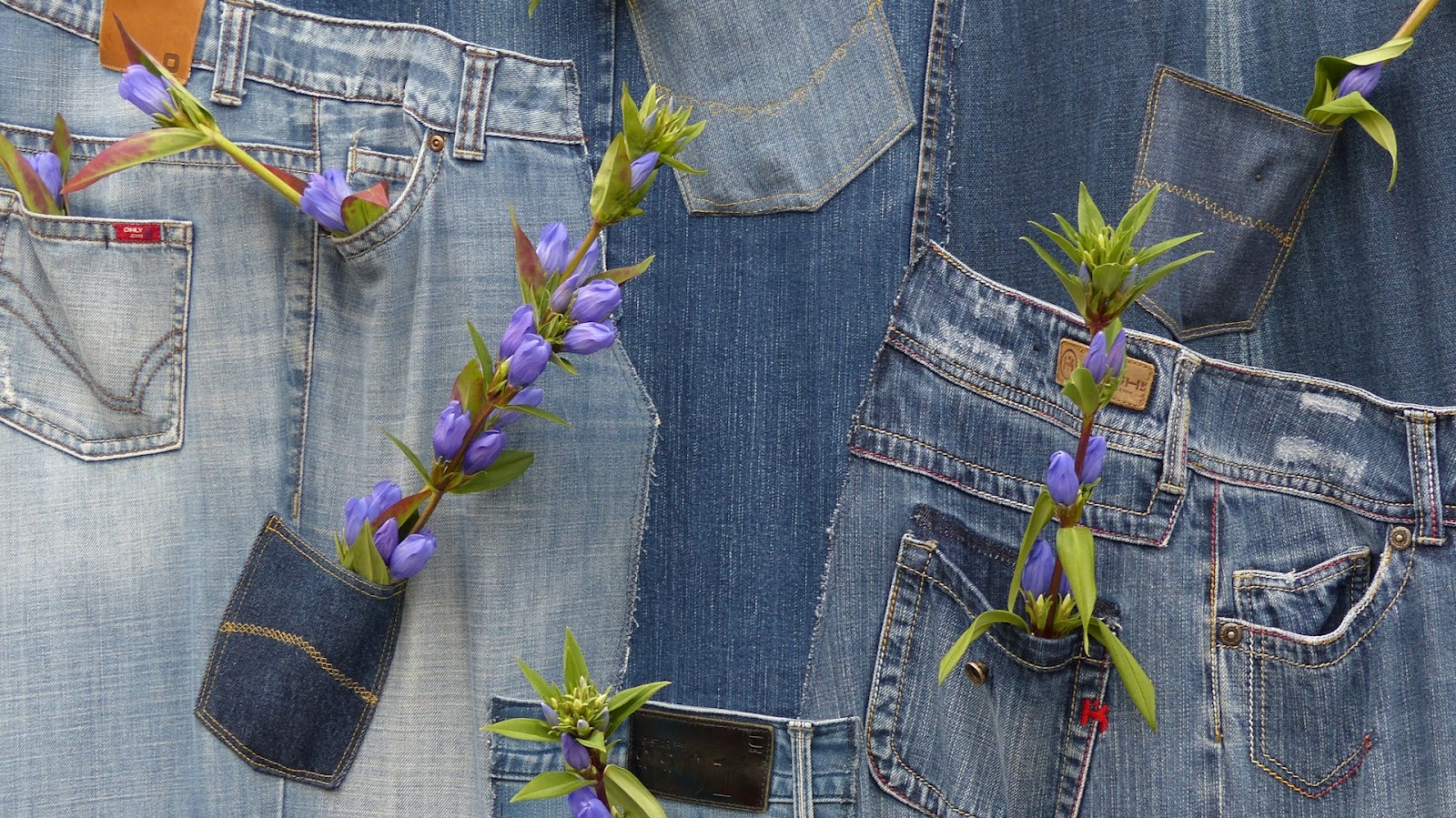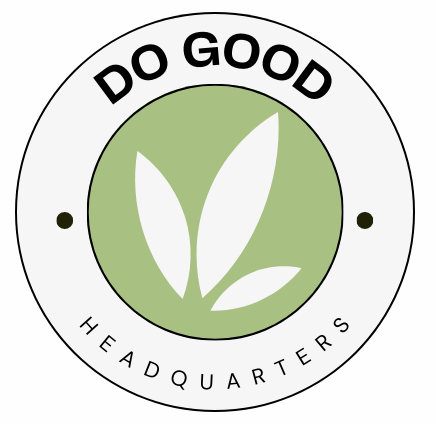OEKO-TEX: A Label You Need to See

Do you know what your clothes are made of? What about how they’re made? With cotton, with leather, with harmful chemicals, or without? As you scroll through the search results for “cute, summer, denim shorts” or “festival-chic, leather jacket,” how can you know that your new summer fit is free from GMOs and harmful chemicals? When you shop for products with an OEKO-TEX certification, you can be sure that you’re getting the knowledge and assurance you need to make confident purchases.
But what does an OEKO-TEX certification even mean, and why does it matter? Let’s explore everything you need to know about OEKO-TEX as a conscious shopper.
What is OEKO-TEX?
OEKO-TEX is a transparent, sustainability-driven organization made up of independent textile and leather testing institutes across Europe and Japan. OEKO-TEX’s testing standards allow everyone to make responsible decisions and protect natural resources.
OEKO-TEX provides a few different labels and certifications for tested products, giving businesses the opportunity to be forthright with their shoppers and giving consumers the opportunity to choose what qualities and values they want from their shopping.
Who is in charge of OEKO-TEX certifications?
Individual institutes that perform lab tests and company audits work together with OEKO-TEX itself to develop testing methods, limit values, and hand out certifications.
OEKO-TEX has quite a few different labels and certifications that it awards after testing, including those below:
- OEKO-TEX® MADE IN GREEN
- OEKO-TEX® STANDARD 100
- OEKO-TEX® ORGANIC COTTON
- OEKO-TEX® LEATHER STANDARD
- OEKO-TEX® STeP (Sustainable Textile & Leather Production)
- OEKO-TEX® ECO PASSPORT
- OEKO-TEX® RESPONSIBLE BUSINESS
There are many different, important stages and elements to consider when it comes to producing a good. From materials and their sourcing to chemical processing, labor, and construction, the steps manufacturers have to juggle can seem endless. This also means there’s plenty of opportunity for less-than-ideal business practices to come into play.
The different OEKO-TEX standards and their certifications can help you as a consumer carefully choose the products you buy based on their material makeup, production as well as other factors.
What is the history behind OEKO-TEX?
Founded in 1992 by the Hohenstein Research Institute, Australian Textiles Research Institute, and Textile Testing Institute, OEKO-TEX began testing for harmful substances under the STANDARD 100.
From there, OEKO-TEX’s reach spread further and further as its tests grew to encompass more and more elements of goods production.
Criteria
Depending on what certification they’re pursuing, different companies or products must meet certain criteria to be awarded those labels.
Examples of OEKO-TEX criteria include things such as limiting use of chemicals, maintaining conditions of production facilities, and choosing sustainable business practices.
Certifications
In general, you can expect an OEKO-TEX certification to speak to a product’s quality, sustainability, and ethical impact. As we said, OEKO-TEX has quite a few different certifications to be awarded based on a company or product’s adherence to certain criteria.
Here’s a quick breakdown of each certification and what it tells you about a product:
- OEKO-TEX® MADE IN GREEN is for textiles and leathers tested for harmful substances and manufactured under sustainable conditions.
- OEKO-TEX® STANDARD 100 is for products tested for harmful substances and toxic chemicals.
- OEKO-TEX® ORGANIC COTTON assures that organic cotton products are produced without GMOs or harmful substances.
- OEKO-TEX® LEATHER STANDARD is a certification specifically for leather goods, ranging in finishes, that have been tested for harmful substances.
- OEKO-TEX® STeP (Sustainable Textile & Leather Production) certifies that a product is manufactured in sustainable production conditions.
- OEKO-TEX® ECO PASSPORT points to substances used in a good’s production that aren’t harmful to health and are environmentally friendly.
- OEKO-TEX® RESPONSIBLE BUSINESS aids in meeting supply chain due diligence in the textile and leather industry,
Some OEKO-TEX-Certified Companies We Love
Many of our favorite brands have achieved one or more OEKO-TEX certifications for their products. Some of our favorite OEKO-TEX-certified companies include:
- Parachute Home – They offer luxurious, sustainable bedding for a quality night’s sleep.
- Brooklinen – Brooklinen offers something for everyone with high-quality home goods.
- Crate & Barrel – Here, you can find all the products you need for a comfy home.
- Ettitude – Ettitude uses its special CleanBamboo fabric to create healthy bedding products.
- Birch – With Birch bedding, you can enjoy a natural night’s sleep.
- Threshold – Threshold offers a vast array of stylish, sustainable options for an affordable price.
- Casaluna – These products bring a calm, comfortable air to any home.
Our Take on OEKO-TEX
In conclusion, we understand the accessibility to information and knowledge provided by OEKO-TEX for consumers as essential for furthering the possibility of sustainability.
OEKO-TEX’s certifications put the control in the hands of shoppers to decide what they do and don’t want in the products they buy.
With a knowledge and understanding of the production of the consumer goods we use in our daily lives, we can therefore take more effective steps toward furthering sustainability.
Photo by Ben Berwers on Unsplash


